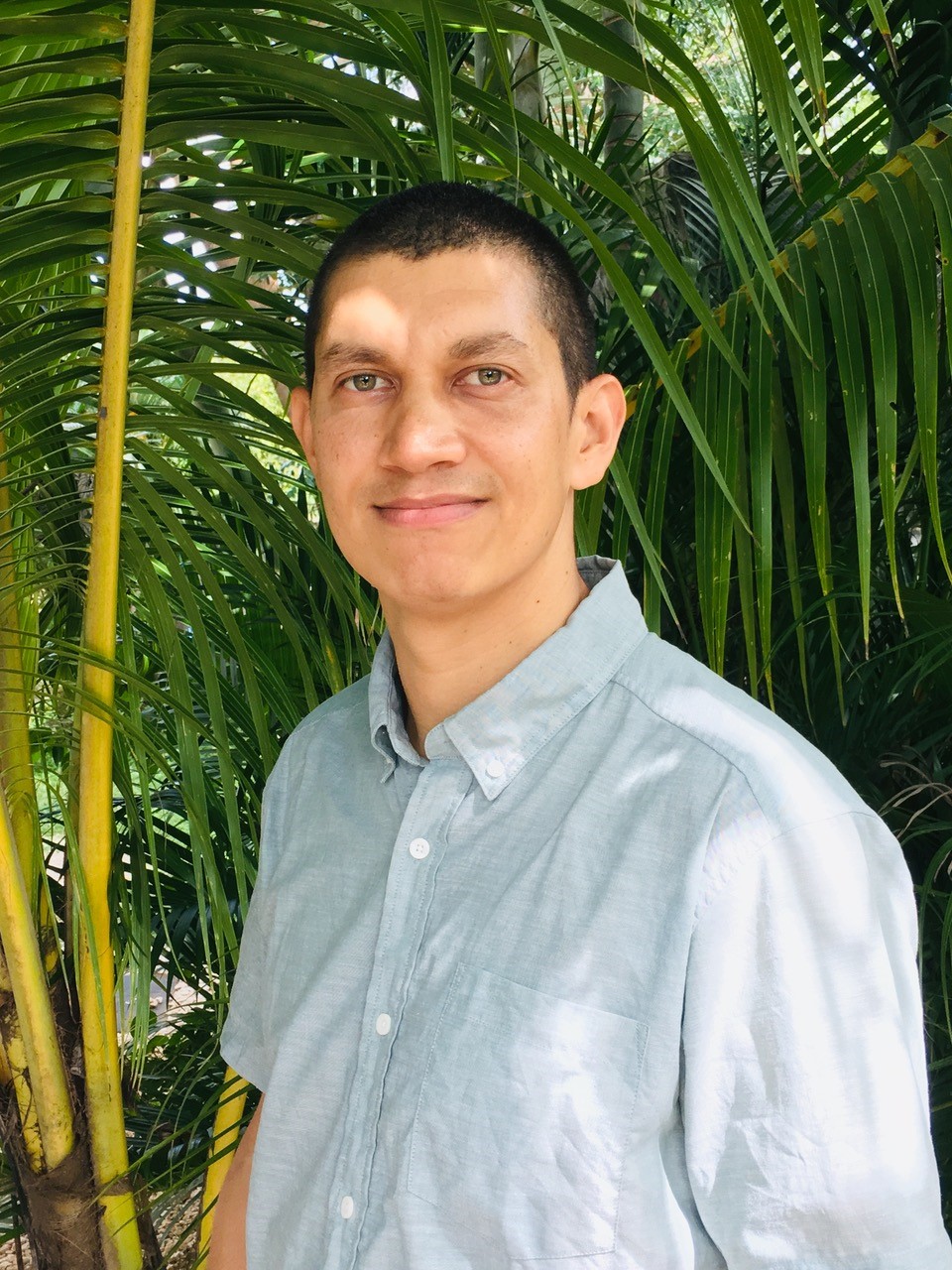This is a continuation of our "IANR is Global" series, which highlights the many ways internationalization is woven through the Institute of Agriculture and Natural Resources: through research collaboration, government and private industry partnerships, extension work, student educational experiences and the IANR community from around the world.
This edition is specifically focused on the many global voices we have or have invited to campus who will be sharing their expertise through seminars during fall semester 2020. Rheinhardt Scholtz, Ph.D., a research affiliate with the university's Department of Agronomy & Horticulture, will be sharing a seminar entitled "People, Fire and Global Biome Divergence in the 21st Century" on Friday, February 19 at 3:30 p.m. as part of the department’s Spring Seminar Series. We appreciate the expertise we are fortunate to have from all over the world, as shown by their many and varied contributions to the work of the university and our continued mission to create a globally engaged institution. To this end, we want to help our campus community get to know each other (and the world) more, starting with these experts.
Where is home for you? Where did you receive your education? Cape Town, South Africa. I attended the University of Cape Town up to my master’s degree and University of Kwazulu-Natal for my PhD.
Tell us a little about your path to where you are now.
After I completed my MSc, I went to Costa Rica (followed my girlfriend, who is now my wife) and after nine months I was back in South Africa. I took a job at South African National Parks based in Kruger National Park and lived there for three and a half years while doing my PhD in savanna woody vegetation dynamics. I then accepted a post-doc at Oklahoma State University with Sam Fuhlendorf and Steve Archer (Arizona) which brought me to the Great Plains. Most of my research was (and I suppose is, still) focused on grassland conservation in the Great Plains, while I have brought ideas from African savannas. I met Dirac Twidwell at a Society of Rangeland Management conference and some years later I've found myself working with him now at the University of Nebraska. While we have maintained our primary research area as the Great Plains of North America, we are actively working on several global grassland conservation projects.
What is something people don't know (or that you wish they knew) about where you're from or where you do your international work?
You are never more 20 minutes away from a beach, coffee shop, shopping mall, mountains, cultural market and an amazing restaurant when in Cape Town.
Why is it important for institutions like the University of Nebraska to create opportunities to hear from people with diverse, global experiences?
The world is more connected today than it ever was - just look at this pandemic for example - and anything we do, really, has a global impact at some scale or another. International collaboration is the key to global conservation efforts (and perhaps policy and law as well e.g. Paris agreement). As such, it is essential to consider how what we do influences the world, because it does in some way or another.
What is one piece of advice you would share with students, especially those interested in an international career?
Making relationships is easy, maintaining relationships are much harder. There’s no substitute for hard work.
Be sure to tune into Dr. Scholtz's seminar at 3:30 p.m. CST on Friday, February 19.
---
Are you giving a seminar in spring 2021 (or the future) and have an international element to your work, studies or experiences you'd like to see highlighted? Contact Brianne at bwolf4@unl.edu.
